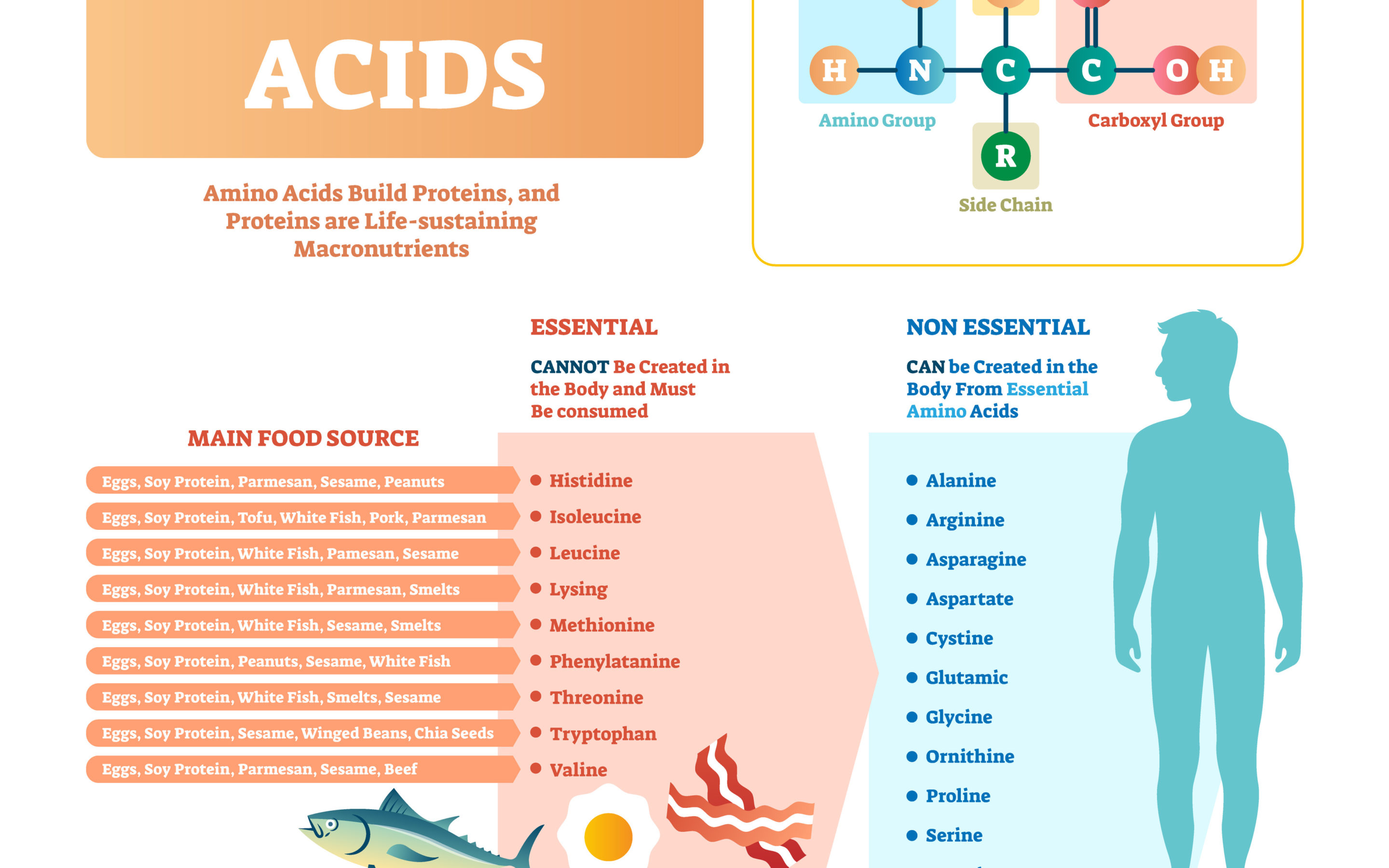
June 3, 2019 | Cheatham News, n-Brain, News, reading
April 18, 2019 – How are we expected to make healthy choices about food when the headlines are so confusing? We all suffer whiplash when we read butter is bad, then butter is good; when red meat is bad, then red meat is good; when red wine is good, and then it is bad….so, what is the headline du jour?

August 25, 2017 | Kohlmeier News, News, News-genotype, News-HRC, reading
August 28, 2017 – From the desks of Martin Kohlmeier, MD, PhD and Robyn Amos-Kroohs, PhD
Protein is an important part of every cell in the body. Protein is also a building block of enzymes, hormones, and other important substances used in body processes. It’s a major component of most body systems, including the immune system, metabolism, and circulatory system. Its importance is why protein is known as a macronutrient, meaning that large amounts are required to help the body function appropriately on a daily basis. And unlike sugar and fats, macronutrients that have acquired bad reputations, protein is recognized as an important part of a healthy diet.
July 27, 2017 | News, reading
July 27, 2017 – Vitamin D deficiency in pregnant moms is shown to negatively affect fetal growth and children’s health in the long run. Deficient gestational vitamin D status is surprisingly high both globally and in the US. One of the findings that draws attention is the role of vitamin D during pregnancy in children’s chances of developing Autism Spectrum Disorders (ASD). Vitamin D is acquired through sun exposure or food intake. The circulating form of vitamin D can travel through the fetal-placental barrier, thus, developing babies depend solely on their mothers for getting this beneficial nutrient.
December 21, 2015 | Community News, News, News-exposome, reading, Research News
December 21, 2015 • While drinking at least eight glasses of water a day may not be necessary under normal conditions, maintaining adequate hydration, especially during physical exertion in warm weather, is essential for optimal health.
November 24, 2015 | Community News, EOY2016, May News, n-Brain, News, pub-brain, pub-zeisel, pub-zeisel-brain, reading, Research News, Zeisel News
November 24, 2015 • From the desk of: David Horita, Ph.D.
THE STUDY
In a recently published paper1, NRI investigator Phil May and colleagues showed that the prevalence of fetal alcohol syndrome (FAS) and partial fetal alcohol syndrome (PFAS) is two to three times higher than previously estimated.
Dr. May’s study differs from most FAS prevalence studies in its use of active case ascertainment testing methods to estimate prevalence. This technique includes developmental testing of the child and detailed one-on-one interviews of the mother. The interview questions covered alcohol use during pregnancy, but also asked questions related to secondary factors, such as overall drinking history, marital status; socioeconomic status, and diet/nutrition. This approach is much more labor-intensive than the more common survey approach that relies on self-reported alcohol use information. However, it is also more accurate: self-reported alcohol usage surveys often underestimate FAS because of the stigma of drinking during pregnancy.
October 27, 2015 | Cheatham News, Community News, News, reading, Research News, Zeisel News
October 27, 2015 • A recent, global study published in The Lancet (2015; 386, p.743-800) clearly emphasizes the importance of the latter referring to our quality of life. According to the Global Burden of Disease (GBD) study, worldwide life expectancy at birth rose by 6.2 years between 1990 and 2013. However, these additional years come at a price as healthy life expectancy at birth increased by only 5.4 years over the same 13 year time span.


